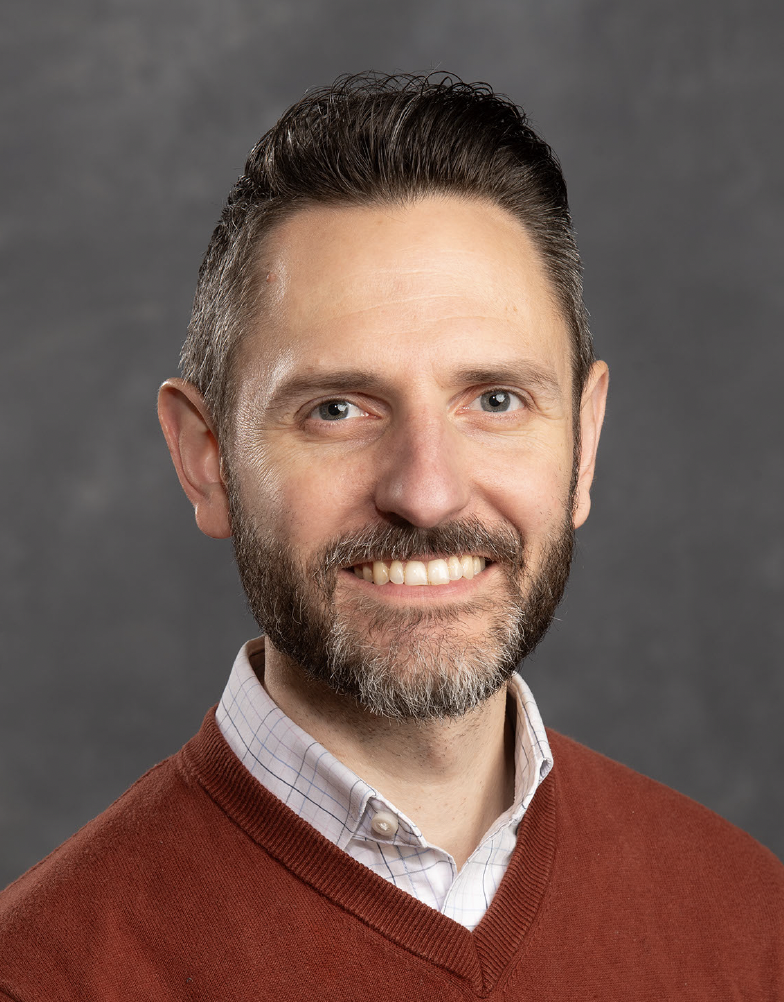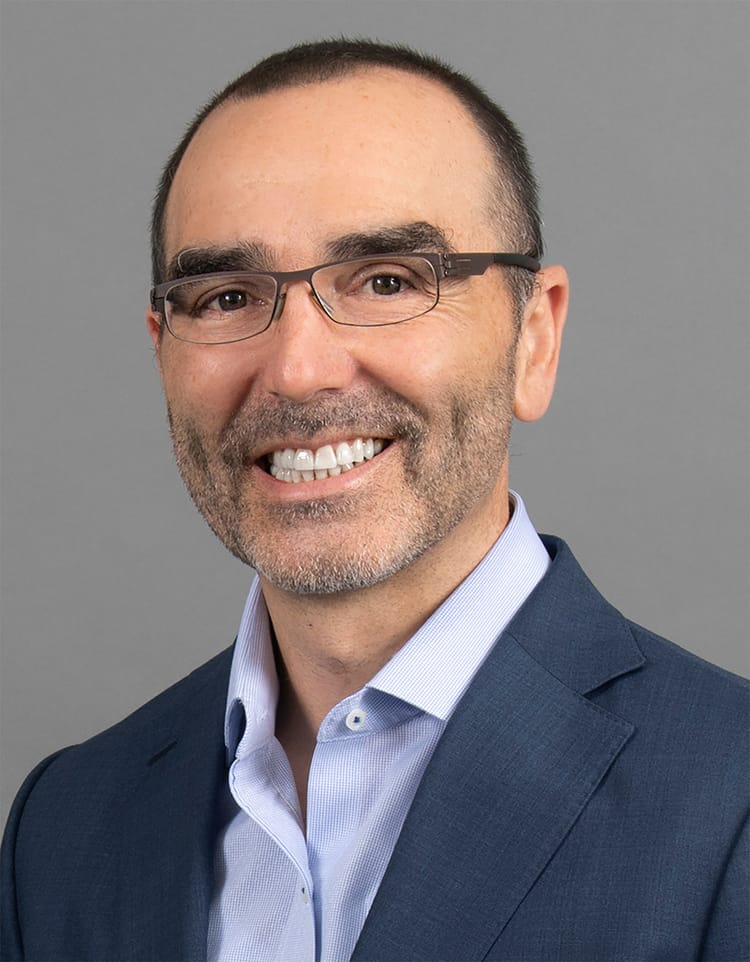The interview: Rethinking dentistry’s role in systemic health

Dentists are well aware of the connection between oral health and systemic health, and many of them are looking for ways to give their patients more holistic care.
Dave Vigerust, M.S., Ph.D., chief scientific officer at Simply Test, talks about the dentist’s role in preventive care and how salivary testing can be a useful tool to help take a more active role in patients’ overall health.
— Bianca Prieto, editor
Want to read more? Check out the archive.

How can dental practices play an important role in preventive medicine?
Charles Mayo, the founder of the Mayo Clinic, was quoted several times back in the 1920s that the future of preventative medicine was in the hands of the dentist. Even then, he realized that just about everything that happens to us with systemic disease starts in the mouth.
A lot of dentists now are taking blood pressure. Some of them do A1Cs in the office. When they see tissue changes in the mouth, when they see infection in the mouth, inflammation—all of those should be key triggers to them to say: Is this affecting your heart? Is this affecting your blood pressure? Is this potentially affecting your liver?
How can salivary testing be integrated into dental practices seeking to take a more active role in preventive care?
Until recently, we didn't really fully appreciate the fact that saliva is a mirror of the blood. Everything that's in the liquid component of the blood is in the liquid component of saliva. Apart from your CBC, where you're looking at the cellular component of your blood, everything that we look for in your routine blood testing can be ascertained from saliva.
That means that the dentist could be more of a participant in following along and making sure that the patient, if they have heart disease or diabetes, is being monitored every time they come into the dental office.
What advice do you have for dentists when it comes to talking to patients about salivary testing and its role in their care?
If we tell patients this is a new and innovative way for us to help you get better and stay better longer, and we can do it non-invasively with saliva, they adopt it pretty easily.
The biggest hurdle is who's going to pay for it. Does insurance pay for it? There are codes now that allow for the collection and testing. Plus, if patients have an HSA or any of those kinds of high-deductible insurance plans, saliva diagnostics are eligible under that, too.
Responses have been edited for brevity and clarity.
Written by Carrie Pallardy



